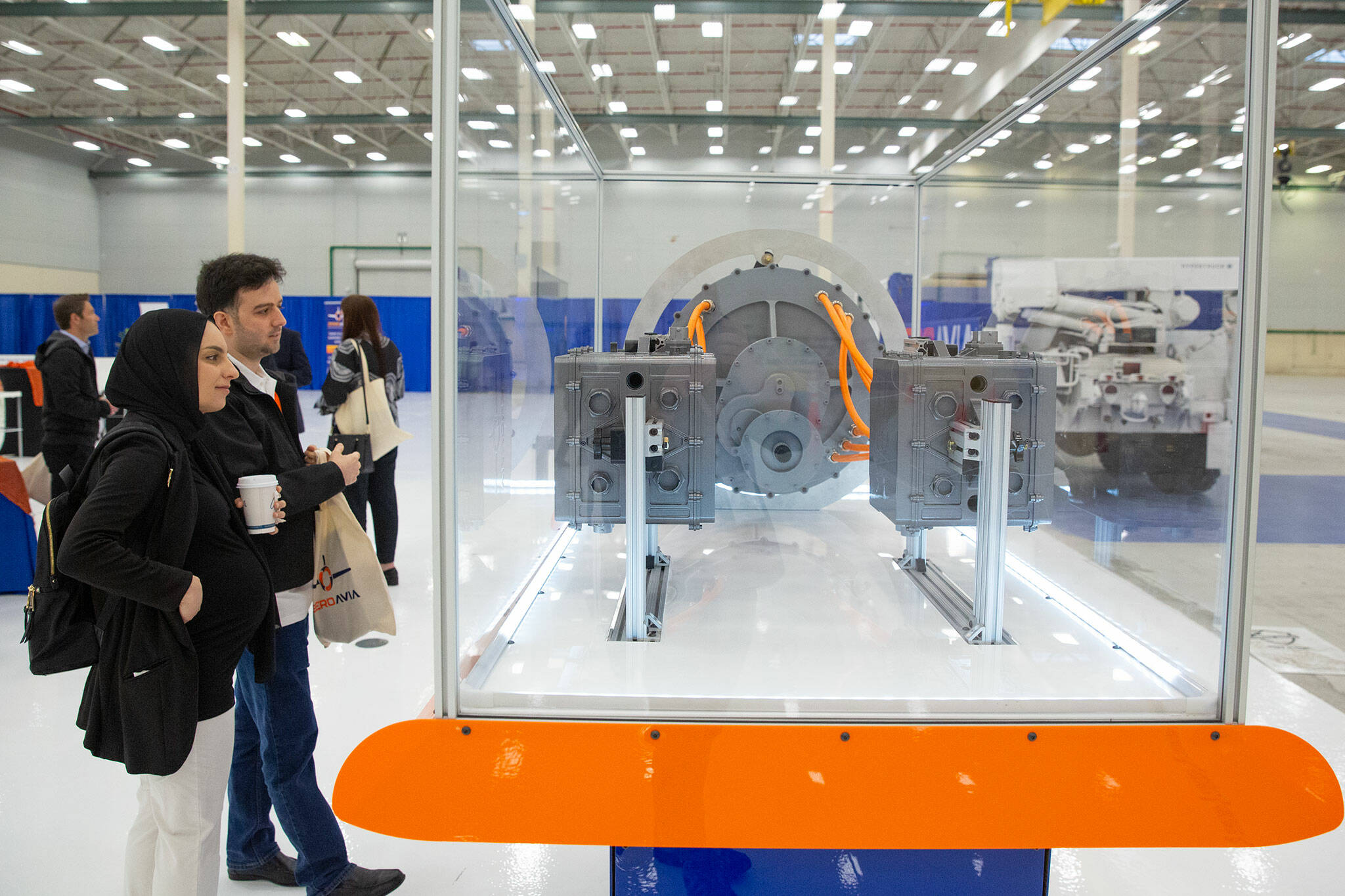EVERETT — Three local lawmakers are urging the Biden administration to edit the Clean Hydrogen Production Tax Credit to create flexibility for regional energy economies.
U.S. Reps. Suzan DelBene, D-Medina, Kim Schrier, D-Sammamish, and Rick Larsen, D-Everett, argue a strict section of the proposed rule undermines the intention of supporting the country’s growth of a hydrogen energy market. They say tight federal guidelines may be counterproductive in states that already have clean energy policies, like Washington.
The current rules would set back climate change progress, halt billions in private sector investments and stop the creation of thousands of sustainable, high-paying jobs, they argued this week.
DelBene, Schrier, Larsen and nine other congressional Democrats, recommended the Department of Treasury and Internal Revenue Service change guidelines to incentivize a broader range of projects, avoid delays and boost flexibility for where and how power can be used within the national energy grid.
Last year, Washington and Oregon created the Pacific Northwest Hydrogen Association, a multi-state nonprofit working to build hydrogen infrastructure by harnessing hydropower. The association is a part of the Department of Energy’s Regional Clean Hydrogen Hubs program, also known as H2Hubs. These hubs aim to help the United States compete against countries like China on implementing new hydrogen technology and infrastructure.
Right now, industrial facilities primarily use natural gas as a methane source to create hydrogen by super heating the gas and splitting hydrogen molecules off methane compounds. However, this method produces carbon monoxide and carbon dioxide.
With hydropower, facilities can create hydrogen without using or creating fossil fuel. Electricity generated from dams can power fuel cells, which split water into oxygen and hydrogen. While hydropower doesn’t emit fossil fuels, dams have devastated salmon populations and affected river health throughout the Northwest.
“A balanced approach that supports both emissions reductions and the growth of a clean hydrogen economy is essential for meeting our climate goals, maintaining American leadership in clean energy innovation, and ensuring our national security through energy independence,” the dozen congressional Democrats wrote Tuesday.
DelBene’s 1st Congressional District runs from Arlington, through Lake Stevens and Snohomish to King County. The 2nd Congressional District that Larsen represents encompasses the coastal area of Snohomish County and Everett as well as communities west of I-5 going south to the King County line. The 8th Congressional District represented by Schrier covers the rest of the county, including Darrington and Gold Bar.
Eliza Aronson: 425-339-3434; eliza.aronson@heraldnet.com; X: @ElizaAronson. Eliza’s stories are supported by the Herald’s Environmental and Climate Reporting Fund.
Talk to us
> Give us your news tips.
> Send us a letter to the editor.
> More Herald contact information.

























